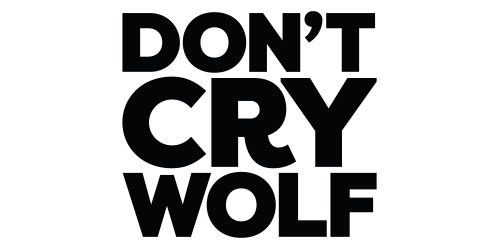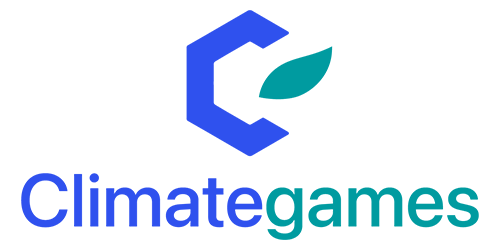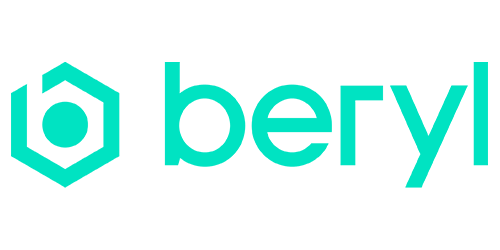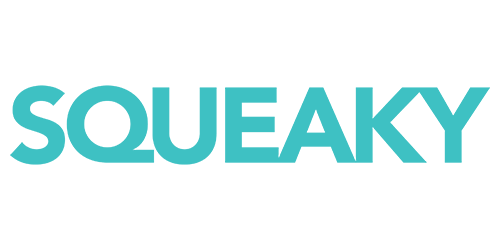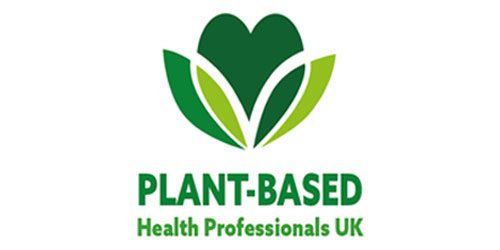Plastic Free July
PLASTIC FREE JULY
Theme: Home-based projects & Fun-based projects
Company/charity name: Plastic-Free July
Where: Global
When: July!
Why this project is important
Reducing plastic consumption is important for several reasons:
Environmental Impact: Plastics are derived from fossil fuels, primarily petroleum, and their production contributes to greenhouse gas emissions and climate change. By reducing plastic consumption, we can decrease the demand for fossil fuels and mitigate the environmental impact associated with their extraction and processing.
Pollution: Plastics are durable and do not easily biodegrade. As a result, plastic waste accumulates in landfills, pollutes waterways, and contaminates ecosystems. Marine animals often mistake plastic for food or become entangled in it, leading to injury or death. By reducing plastic consumption, we can minimize the amount of plastic waste that ends up in our environment.
Human Health: Some plastics contain harmful chemicals such as phthalates and bisphenol A (BPA), which can leach into food, beverages, and the environment. These chemicals have been linked to various health issues, including hormonal imbalances, reproductive problems, and certain types of cancer. By reducing plastic consumption, we can minimize exposure to these potentially harmful substances.
Conservation of Resources: Plastic production requires significant amounts of energy, water, and other natural resources. By reducing plastic consumption, we can conserve these valuable resources and promote a more sustainable use of our planet’s finite resources.
Encouraging Sustainable Alternatives: By reducing plastic consumption, we create demand for alternative materials that are more sustainable and environmentally friendly, such as biodegradable plastics, compostable materials, or reusable alternatives like glass, metal, or cloth. This shift in demand encourages innovation and the development of more sustainable options.
Overall, reducing plastic consumption is essential to protect the environment, safeguard human health, conserve resources, and promote a more sustainable future for ourselves and future generations.
What can i do to get involved
Here are 30 actions you can take as a consumer to live a plastic-free lifestyle:
- Bring your own reusable shopping bags to avoid using plastic bags.
- Carry a reusable water bottle and say no to single-use plastic water bottles.
- Use a refillable coffee cup or thermos instead of disposable cups.
- Say no to plastic straws and opt for reusable or biodegradable alternatives.
- Choose products with minimal or no plastic packaging.
- Use a reusable lunchbox or containers instead of plastic bags or wraps.
- Shop in bulk and bring your own containers or bags for packaging.
- Avoid buying products with microbeads, as they contribute to plastic pollution.
- Choose natural fiber clothing and avoid synthetic fabrics that release microplastics.
- Use bar soap and shampoo bars instead of plastic bottles.
- Make your own cleaning products using natural ingredients in reusable containers.
- Switch to reusable cloth towels or napkins instead of disposable paper products.
- Say no to plastic cutlery and use reusable utensils instead.
- Buy fresh produce from local markets or farms to reduce plastic packaging.
- Avoid single-use plastic food storage bags and use reusable silicone or cloth bags.
- Choose glass or metal containers for food storage instead of plastic.
- Use refillable, non-plastic razors or electric shavers.
- Purchase wooden or bamboo toothbrushes instead of plastic ones.
- Make your own homemade snacks and meals to reduce plastic-wrapped convenience foods.
- Use natural fiber laundry bags or washing machine balls instead of plastic laundry pods.
- Avoid buying bottled beverages and opt for drinks in glass or aluminum containers.
- Use natural alternatives like beeswax wraps or silicone lids instead of plastic wrap.
- Compost organic waste instead of using plastic garbage bags.
- Choose plastic-free alternatives for personal care items like cotton swabs and dental floss.
- Support local businesses and farmers’ markets that prioritize plastic-free practices.
- Repair and reuse items instead of automatically buying new ones.
- Dispose of electronic waste responsibly to prevent plastic and chemical pollution.
- Avoid purchasing disposable plastic toys and opt for durable, eco-friendly options.
- Choose refillable ink cartridges for printers instead of single-use plastic ones.
- Spread awareness and inspire others to reduce their plastic consumption.
Remember, adopting a plastic-free lifestyle is a gradual process, so start with a few changes and gradually incorporate more sustainable practices into your daily routine. Every small action makes a difference!
Learn to live with less plastic with charity City To Sea
Sign up and donate to Surfers Against Sewerage
Be part of the solution with Plastic Free July
Project Sponsors & Supporters
